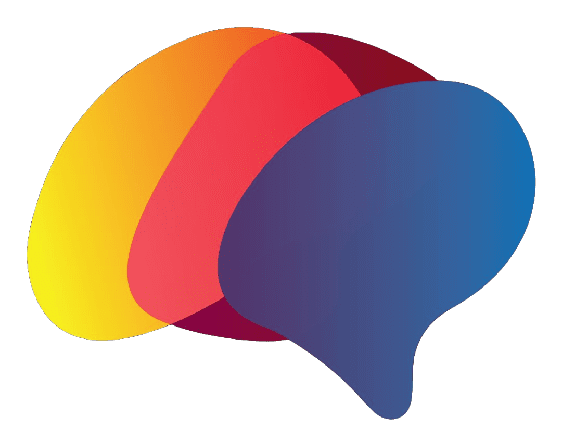Learning disorder refers to problems that occur in the general or specific learning process in a person. These problems can arise in various areas such as reading, writing, calculating, understanding material, concentrating and regulating behavior. Learning disability can have various effects on a person’s life and lead to obstacles for his academic, professional and social progress.
Things that can be known as learning disorders include:
– Reading learning disorder (dyslexia:) Difficulty in recognizing and interpreting alphabet symbols, sounds and words.
– Dysgraphia: difficulty in forming words and phrases while writing.
– Mathematical learning disorder (dyscalculia:) difficulty in mathematical concepts, arithmetic operations and the use of numbers.
– Language learning disorder (speech and language disorder): Difficulty in understanding and using language, correct recognition of words and communication between concepts. Learning disability treatment usually involves a team of professionals including psychologists, speech therapists, physical education specialists, and special teachers. Treatment plan based on the type and severity of the disorder. Learning disability refers to difficulties in acquiring and using skills in specific areas of learning, despite the individual having average or above average intelligence. These problems significantly interfere with academic achievement, daily functioning, and the acquisition of age-appropriate skills. Learning disorders are neurodevelopmental in nature and usually appear in childhood.
Some common types of learning disabilities include:
Dyslexia: includes problems with reading, including decoding words, recognizing sight words, and understanding written text.
Dyslexia: This learning disorder affects writing skills, including handwriting, spelling, organizing thoughts on paper, and expressing ideas in writing.
Mathematical disability: refers to difficulties with mathematical concepts, number sense, mathematical operations and problem solving skills.
Language disorders: These disorders affect the development of language and communication skills, including problems in understanding and using spoken language, grammar, vocabulary, and coherent expression of thoughts.
Non-verbal learning disorder (NVLD): includes problems in visual-spatial processing, social skills, understanding non-verbal cues and fine motor coordination.
Treatment of learning disorders usually involves a multidisciplinary approach and may include:
Educational interventions: Individualized educational programs and facilities are created to address specific learning difficulties. These may include specialized training, modified assignments, additional support, and the use of assistive technologies.
Remedial Education: Specialized educational interventions focus on building basic skills in difficult areas. For example, specialized reading programs can be implemented for people with dyslexia.
Individual or group therapy: Psychologists, counselors, or therapists may provide support to address the emotional and social challenges associated with learning disabilities. Therapy can help build self-esteem, develop coping strategies, and improve social skills.
Occupational therapy: Occupational therapists can help improve fine motor skills, handwriting, organizational abilities, and sensory integration.
Parent and teacher support: Collaboration between parents, teachers and school staff is essential to create a supportive environment for people with learning disabilities. Education, resources, and strategies can be provided to parents and teachers to facilitate learning and support individual needs.
Speech therapy: Speech-language pathologists can work with people with language disorders to improve language comprehension, expression, and communication skills.
Speech therapy can play an important role in supporting people with learning disabilities, especially those that affect language and communication skills. While speech therapy alone cannot cure the underlying learning disorder, it can address the specific speech and language problems associated with the learning disorder.
Here’s how speech therapy can be helpful:
Language development: Speech therapists can work on strengthening language skills, including vocabulary development, sentence structure, and understanding of spoken language. They can provide strategies and interventions to improve language comprehension and expression that can positively impact overall academic performance.
Articulation and phonetic skills: speech therapy can solve problems in expressing sounds and pronouncing words correctly. Therapists can help people with learning disabilities improve the clarity and understanding of their speech and ensure they are understood by others.
Auditory processing: Some people with learning disabilities may have challenges with auditory processing, which can affect their ability to understand and follow instructions. Speech therapists can provide exercises and strategies to improve auditory processing skills, such as auditory discrimination and memory.
Reading and singing: Dyslexia, a common learning disorder, often affects reading skills. Speech therapists can provide specialized interventions to improve phonemic awareness, decoding skills, and reading fluency. They can use techniques such as vocal training, multisensory approaches and reading comprehension strategies.
Social communication: Learning disabilities can affect social communication skills, including the ability to engage in conversations, understand social cues, and interpret nonverbal language. Speech therapy can target these areas and help people develop appropriate social communication skills and interact with peers and adults.

